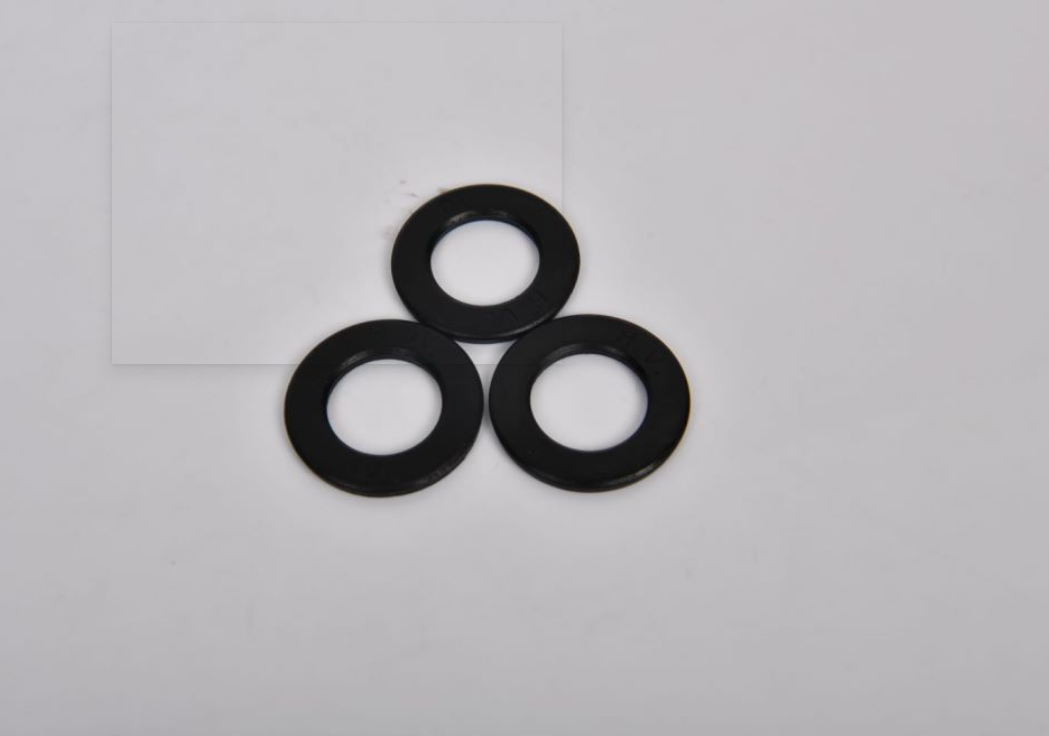Comparing Custom Crush Washers to Flat Washers for Optimal Sealing and Performance in Applications
Custom Crush Washers vs. Flat Washers Understanding the Differences and Applications
When it comes to ensuring a secure and leak-free seal in various mechanical applications, washers play a critical role. Among the numerous types of washers available, custom crush washers and flat washers are two popular choices, each serving distinct purposes and functionalities. In this article, we will explore the differences between these two types of washers, their construction, applications, and when to use each.
Understanding Crush Washers
Custom crush washers, often referred to as crush seals, are designed to deform under pressure. Typically made from materials such as aluminum, copper, or other soft metals, these washers have a unique shape that allows them to compress effectively when tightened. This compression creates a tight seal between two surfaces, preventing leaks in systems that deal with fluids or gases.
The primary feature of a crush washer is its ability to conform to the irregularities of the surfaces it joins. When pressure is applied, the washer crushes into both surfaces, filling in any gaps or imperfections. This capability makes crush washers especially valuable in high-pressure applications, such as in automotive oil pans, hydraulic systems, and gas fittings.
Understanding Flat Washers
On the other hand, flat washers are simple, circular plates designed to distribute load and provide a smooth surface for nut and bolt connections. Typically made from materials like steel, nylon, or rubber, flat washers are not intended to create seals similar to crush washers. Instead, they serve a different purpose—spreading the load of a threaded fastener (such as a bolt or screw), which helps prevent damage to the surface being fastened.
Flat washers can be used for a variety of applications, including furniture assembly, automotive parts, and structural connections. They come in various sizes and thicknesses, allowing for versatility in usage. However, flat washers are not suitable for applications requiring a seal under pressure since they do not deform to fill in gaps.
custom crush washer vs flat washer

Key Differences
1. Design and Functionality The most notable difference between custom crush washers and flat washers is their intended use. Crush washers are designed to deform and create a seal under pressure, while flat washers are meant to distribute load and provide surface protection for fastening applications.
2. Materials Crush washers are commonly made from softer materials that can compress, like copper or aluminum, whereas flat washers are often made from harder materials, such as steel or plastic.
3. Applications Crush washers are ideal for sealing applications, particularly in high-pressure systems, while flat washers are used primarily in non-sealing applications where load distribution is essential.
4. Installation When installing crush washers, it is crucial to follow the torque specifications to ensure proper sealing. For flat washers, installation typically focuses on ensuring that the fastener is tightened adequately without over-tightening, which could strip threads or damage assembly.
Conclusion
In summary, the choice between custom crush washers and flat washers boils down to the specific requirements of your application. If you need a reliable seal that can withstand pressure, crush washers are the way to go. On the other hand, if you are looking for a solution to distribute load and protect surfaces in mechanical assemblies, flat washers will serve you well. Understanding these differences will help you make an informed decision, ensuring that your projects remain secure and functional.
-
Top Choices for Plasterboard FixingNewsDec.26,2024
-
The Versatility of Specialty WashersNewsDec.26,2024
-
Secure Your ProjectsNewsDec.26,2024
-
Essential Screws for Chipboard Flooring ProjectsNewsDec.26,2024
-
Choosing the Right Drywall ScrewsNewsDec.26,2024
-
Black Phosphate Screws for Superior PerformanceNewsDec.26,2024
-
The Versatile Choice of Nylon Flat Washers for Your NeedsNewsDec.18,2024










